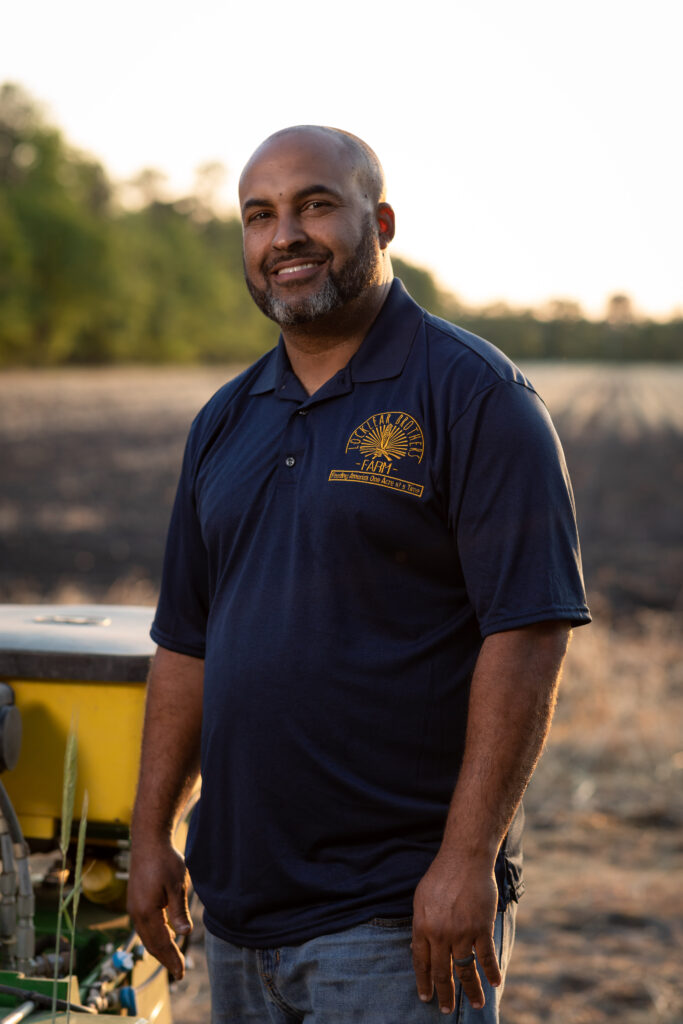The North Carolina Soybean Producers Association (NCSPA) has been awarded $824,646.00 by the National Fish and Wildlife Foundation to increase cover crop adoption on North Carolina farms through the nationally renowned organization, Farmers for Soil Health (FSH). FSH is a farmer-led cover crop program designed to continue the advancement of soil health on farms while increasing farmer profitability. Farmers for Soil Health was created in 2022 by the United Soybean Board in collaboration with the National Pork Board and the National Corn Growers Association.
Farmers wishing to invest in the climate-smart marketplace will be inclined to enroll in North Carolina FSH. Farmers will receive a Signing Incentive Payment (SIP) for each existing acre of cover crops enrolled in the program and a Transition Incentive Payment (TIP) for each new acre of cover crops enrolled. The NCSPA will create an internal program specialist position to support farmer enrollment in FSH SIP/TIP. This position will be managed by the NCSPA Research Coordinator, Jeff Chandler.
To encourage transition to cover crops on more North Carolina farms, the NCSPA will leverage the conservation agronomy expertise and robust network of NC State Extension through a subgrant to establish an Extension program around cover crops and other climate smart practices. An NC State Extension Associate will be hired to manage this program. This position will collaborate with University Extension Specialists and researchers to summarize existing knowledge. The Extension program will develop diverse and dynamic educational content centered around cover crops and other climate smart agricultural practices while providing direct technical assistance to farmers and facilitating the development of a county extension agent peer-to-peer network to educate farmers on the value and implementation of cover crops.
We expect the FSH program will result in 25,000 new acres of cover crops on soybean and corn farms in North Carolina. Cover crops are a readily available tool for decreasing soil erosion and improving soil health on farms. Soybean farmer Adrian Locklear of Robeson County planted his soybeans into a cover crop mix of rye, vetch, radish and rapeseed this year and has this to say about the benefits of cover crops on his farm: “the cover crop helps to suppress weeds, improve soil structure and conserve soil moisture ahead of hot, summer days. Use of a cover crop improves my soil health and farm profitability.” An investment in soil health is an investment in the sustainability and improved productivity of farming.









